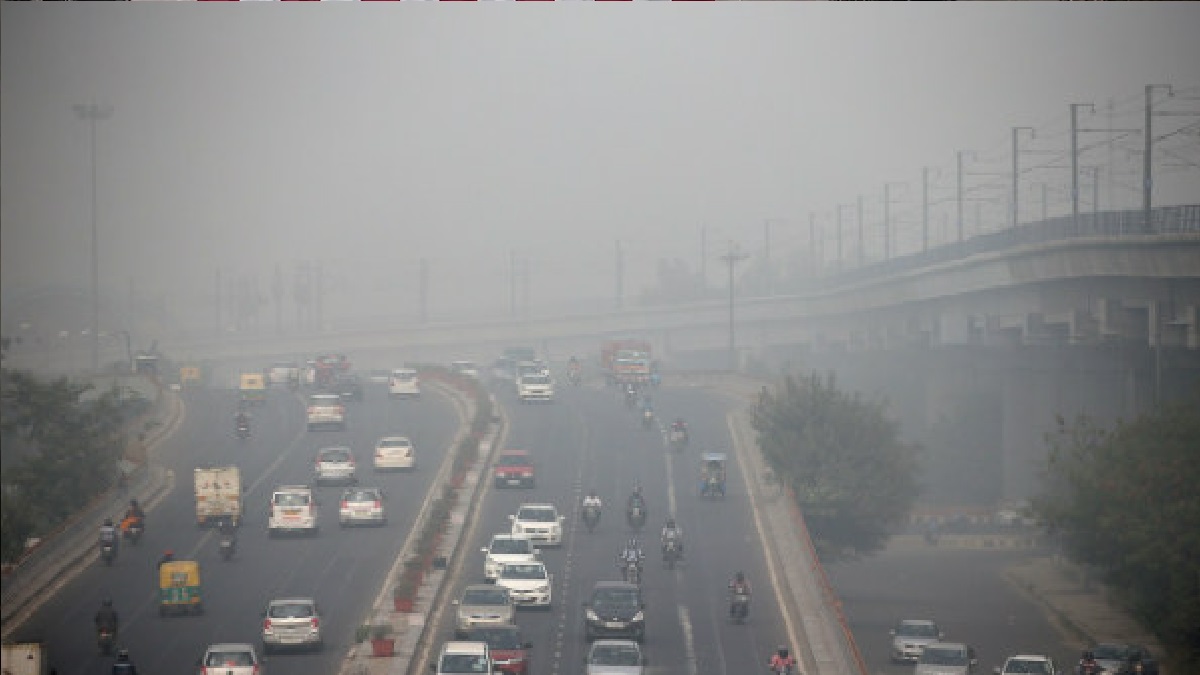A prolonged history of animosity exists between China and Taiwan, and the global implications of this are complex, even for experts who stay updated on every development.
The administration of Taiwan has never been recognized by China, which considers it a breakaway province. It initially established 2049 as the deadline for the island and the mainland to unite, but it now appears that tensions are increasing.
China published a document this week outlining its “reunification” intentions following a week of military exercises near the island.
The following brief guide will bring you up to speed on the situation.
Why is Taiwan desirable to China?
This is for several reasons.
The most important are that China seeks to consolidate its authority and strengthen its position as a global superpower.
A white paper, denoting a government report or authoritative guide, was published by China under the title “The Taiwan Question and China’s Reunification in the New Era.”

It stated that China’s reunification with Taiwan was the sole means to:
This would strengthen the Chinese government’s efforts to promote nationalism.
Furthermore, Taiwan’s geographical location should not be overlooked; the establishment of bases further into the Pacific Ocean would effectively expand China’s military influence and instill fear among neighboring nations.
The “island chain strategy,” an American geographical security concept essentially consisting of an island barrier separating the Chinese mainland from the Western Pacific Ocean, would be disrupted by Taiwan’s control.
China could control Asia’s main shipping routes if it ruled Taiwan, according to the Australian Institute of International Affairs.
Additionally, let us not overlook money.
In 2021, Taiwan’s gross domestic product was approximately $790 billion, according to the April World Economic Outlook from the International Monetary Fund.
Although this pales in comparison to the $17.5 trillion possessed by China, the white paper emphasizes the economic benefits associated with the reclamation of Taiwan:
“Taiwan is renowned for its robust foreign trade, industries that possess unique local characteristics, and significant economic growth.”
“Its economy is highly complementary with that of the mainland.”
China also claims “deep historical and cultural ties” between the two nations, dating back to 230 AD.
The white paper states that Taiwan’s incorporation into China is an “indisputable fact”:
“The fact that we have not yet been reunified is a scar left by history on the Chinese nation.”
China asserts that it supports a “One Country, Two Systems” approach that safeguards the rights of Taiwanese citizens while allowing them to “enjoy a high degree of autonomy as a special administrative region” and advocates for peaceful reunification.
However, the white paper cautions that China will only resort to “drastic measures” in the event of “compelling circumstances” in order to reclaim the island.
What is the opinion of the Taiwanese?
China’s ambassador to Australia, Xiao Qian, stated earlier this week at the National Press Club that he believed “the majority of the people in Taiwan believe they are Chinese.”
The Mainland Affairs Council of Taiwan conducted a survey last year which indicates this to be false.
It was discovered that only 1.6% of Taiwanese citizens expressed support for unification with China.
However, only 6.8% of respondents believed Taiwan ought to declare independence immediately.
An overwhelming 84.9 percent of respondents advocated for the preservation of the “status quo.”
What would prevent Taiwan from wishing to join China?
Taiwanese citizens democratically decide local laws and government.
China is ruled by the Communist Party, which is more stricter.
Additionally, the history of China and Taiwan is complex.
Around 1900, Nationalists (Republic of China) and Communists (People’s Republic of China) waged a civil war.
The Nationalists retreated to Taiwan in 1949, decades after losing the war, but maintained that it remained the legitimate government of all of China, a position it maintains to this day under the Constitution of the People’s Republic of China.
What is Australia’s stance on this matter?
The official position of Australia is that Taiwan is a province of China, in accordance with the Department of Foreign Affairs’ “one China policy” webpage.
As a consequence, Australia withholds recognition of Taiwan’s sovereignty.
However, it “strongly supports” the unofficial development of economic and cultural ties with Taiwan.
Recent analysis indicates that political leaders on both parties prefer the status quo to be maintained.
Richard Marles, acting prime minister and minister of defence, urged China to cease its “deeply concerning” military exercises near Taiwan.
“What is required is a reduction in the intensity of hostilities.”
“It is critical for the region, and it is critical that we return to a much more peaceful and normal set of behaviours in the region.”
Peter Dutton, leader of the opposition, also expressed his support for the status quo:
“We desire that the peaceful existence of the 26 million inhabitants not be disrupted.”
“I want there to be a respect for the current situation, and nobody’s advocating anything different from that.”
China is enormous. Why can’t it simply seize Taiwan at will?
In no way, according to Mick Ryan, a defence strategist and recently retired major general of the Australian Army.
“In recent years, studies conducted by the [Chinese Communist Party] and the United States have suggested that in order to achieve success. They will likely require at least 500,000 soldiers on the ground.
“In order for the Chinese to have any chance of success, they would need to have a substantial number of soldiers on the ground.”
“I don’t know that the Chinese really are capable of this.”
The distance between Taiwan and the Chinese mainland, according to him, is also advantageous for the Taiwanese:
“The Chinese face a difficult challenge due to Taiwan’s location 200 kilometers offshore the coast of China. However, the island’s physical terrain is also easily defensible.”
“A distance of two hundred kilometers across the ocean may not seem like much in the modern era, but it is a tremendous, enormous chasm for an invasion force to traverse, let alone a blockading force to maintain for an extended period of time.
It is unclear to me whether the Chinese are truly capable of resisting such an endeavor at such a time.
Country Garden: China property behemoth default worries grow





